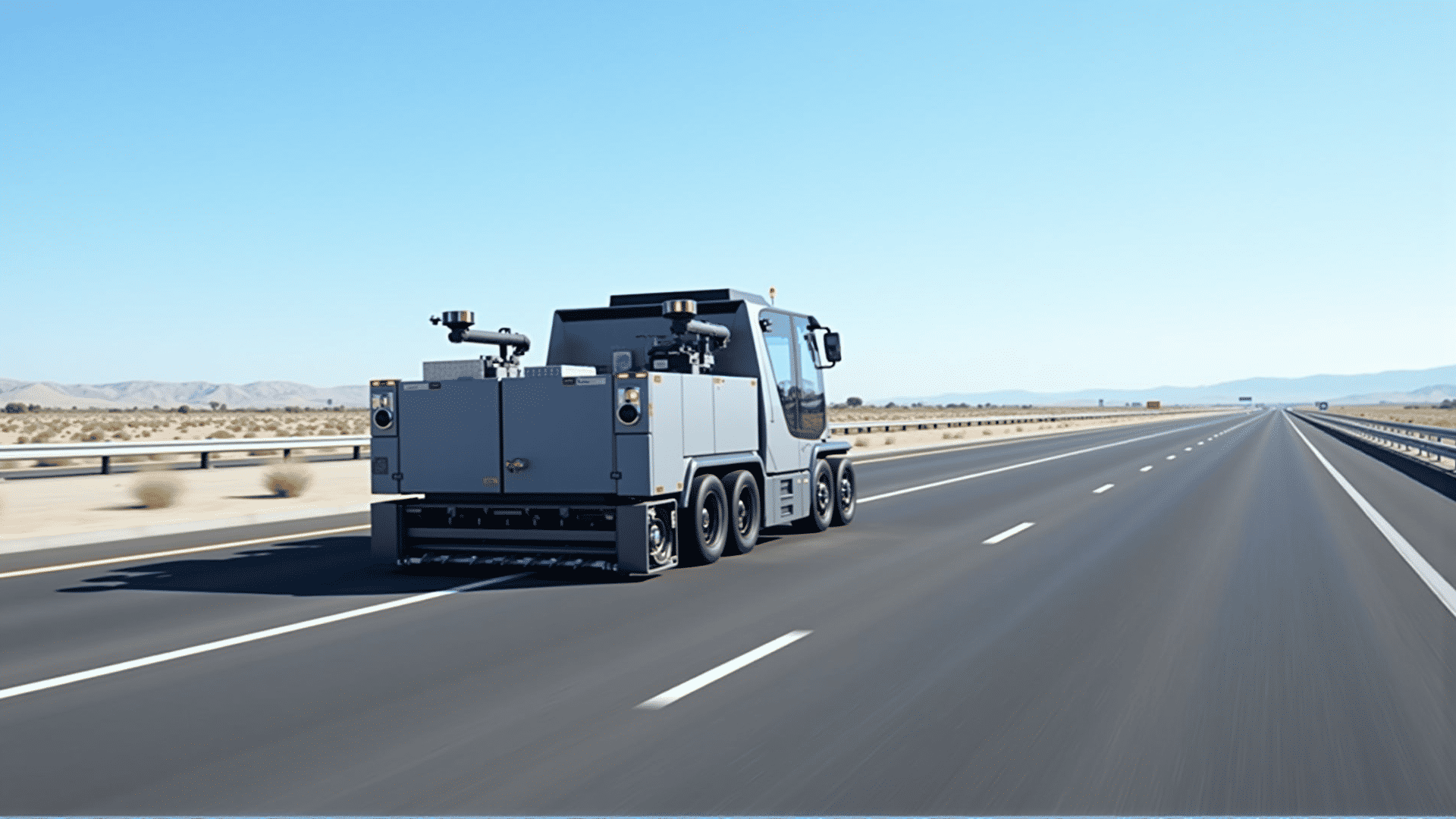In today's rapidly evolving world, the integration of innovative technology in road maintenance is transforming how infrastructures are built and preserved. This transition not only enhances the durability and efficiency of roadways but also promises long-term economic and environmental benefits.
Traditionally, road maintenance has been plagued with issues such as high costs, frequent repairs, and inefficiencies in material use and labor. However, the advent of cutting-edge technologies is bringing about a significant shift. One of the most promising advancements is the use of smart materials, which include self-healing asphalt and concrete. These materials can auto-repair small cracks, reducing the need for frequent maintenance and extending the lifespan of the roads.
Moreover, the implementation of sensor technology is revolutionizing road maintenance strategies. Embedded in the road surface, these sensors collect real-time data on traffic patterns, temperature changes, and structural stress, empowering engineers with valuable information. This allows for predictive maintenance, where potential issues are identified and addressed before they become costly problems, enhancing both safety and efficiency.
Drones are another revolutionary tool in the road maintenance arsenal. These aerial devices are used for inspections and surveying, offering a faster, safer, and more cost-effective method of oversight. Equipped with advanced camera systems and GPS technology, drones can map out large areas swiftly and with high precision, identifying issues such as potholes or structural weaknesses that may not be visible from the ground.
The advent of robotics and autonomous machinery is also making significant inroads. Automated road equipment, such as robotic pavers and construction machines, are being utilized to increase precision and reduce human error. These machines can work around the clock without fatigue, accelerating project timelines and reducing labor costs.
Artificial intelligence (AI) and machine learning add another layer of innovation, streamlining road maintenance operations through data analytics. AI algorithms can predict wear and tear trends, optimize resource allocation, and enhance decision-making processes. This not only extends the useful life of roadworks but also maximizes return on investment for infrastructure projects.
Integrating these technologies requires collaboration across various sectors, from government bodies to private industry leaders. Investment in training and development is crucial, ensuring the workforce is equipped to handle and maintain these advanced systems.
The environmental impact of innovative road maintenance technologies cannot be ignored. With a focus on sustainability, these advancements are facilitating the reduction of carbon footprints associated with road construction. For example, using recycled materials in construction not only conserves natural resources but also minimizes waste output. Additionally, smart traffic management systems can reduce congestion, leading to lower greenhouse gas emissions.
Embracing these cutting-edge advancements is not just about keeping up with technology; it's about creating resilient infrastructures that serve communities efficiently and sustainably. By prioritizing innovative technology in road maintenance, societies can look forward to more reliable roadways that meet the demands of modern transportation and urban development. This approach ultimately ensures that road infrastructure can support economic growth, improve safety, and enhance the quality of life for future generations.
